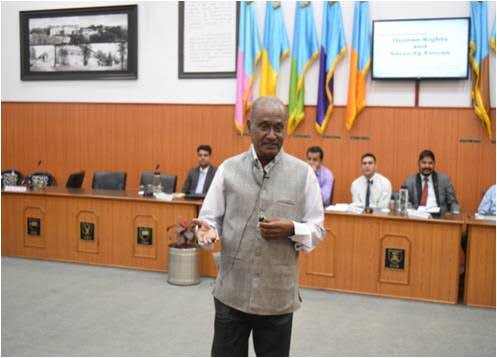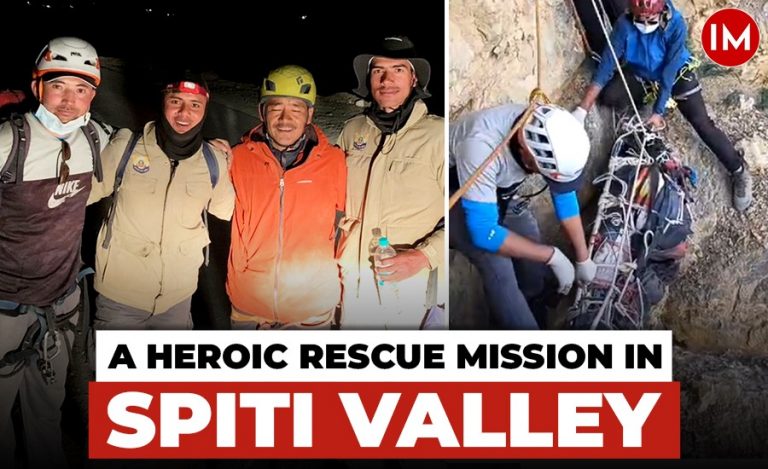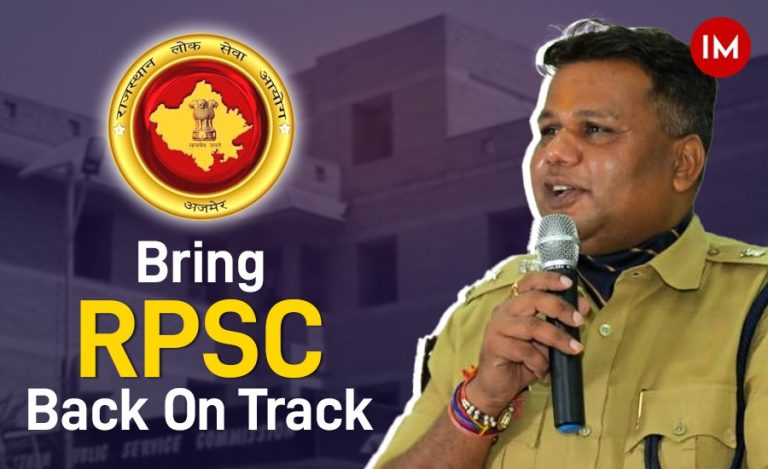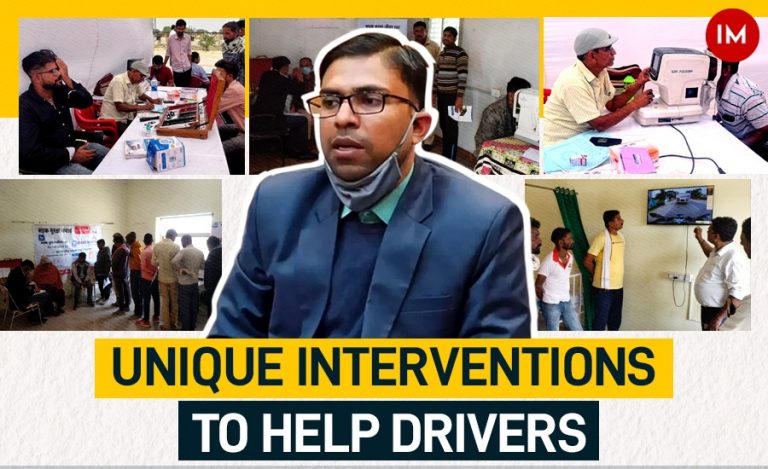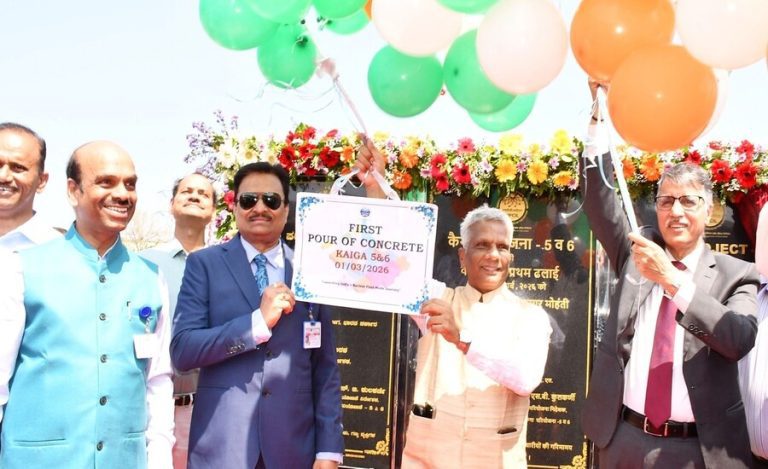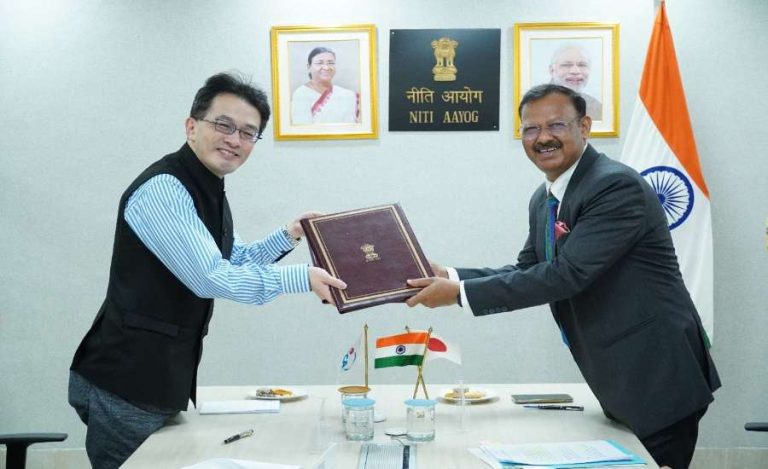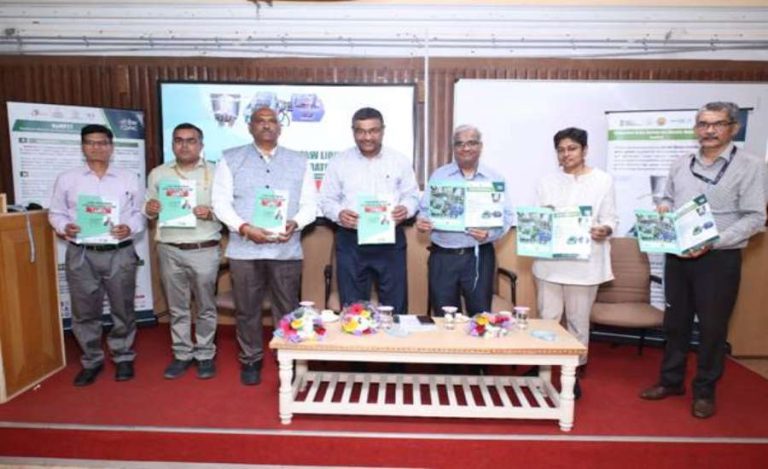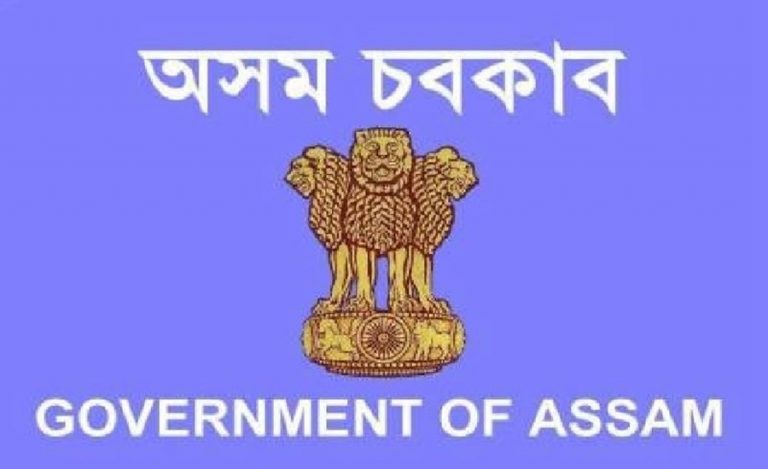Lung disease caused by inhaling silica dust, silicosis, is one of the most serious occupational hazards that still remain a challenge for many countries. Silica is a common mineral found in sandstone, quartz, , granite and several other materials. In India, around three million workers are exposed to silica dust and most of them work in mines and stone processing industries.
In Rajasthan alone, more than 30,000 have been certified as silicosis patients. However, while the number is high, Rajasthan is the second state to introduce the ‘Silicosis Policy’ – only three states have such policies. The policy was introduced in 2019 but years of efforts went into it. Retired IPS officer MK Devarajan of 1977 batch played a major role in paving the way for the policy. He put years of efforts for studying about the disease and presented a Special Report on Silicosis, the recommendations of which were majorly included in the policy.
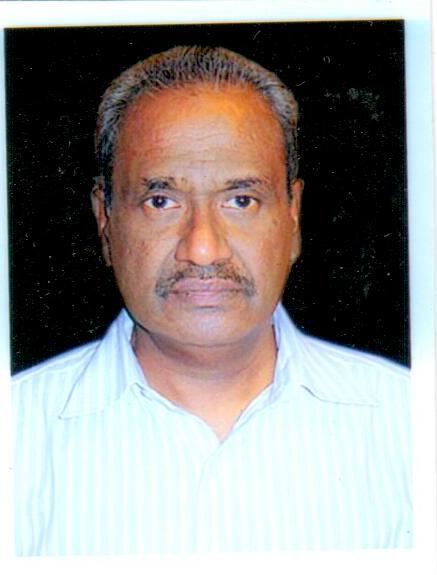
In this second part of our write-up on him, we highlight those sections where he told Indian Masterminds about his study and his recommendations, vis-a-vis silicosis.
THE REPORT
Mr. Devarajan served as a member of the Humans Rights Commission, Rajasthan, between September 2011 to August 2016. There, his major work was around occupational diseases particularly silicosis. He said, “Thousands of workers in the state are working in sand stones mines and stone processing industries, they are exposed to this disease. No major precaution is taken while they work in mines. The traditional mask provided to them cannot prevent silica dust going into their lungs. Hence, many families are affected by this disease and are struggling.”.affected by this diseases and are struggling.”
After years of study, the officer submitted his Special Report on Silicosis to the state government which it has tabled in the Assembly. His report had 59 recommendations divided into four categories: Prevention, Detection, Compensation and Rehabilitation. The implementation of the recommendations were monitored in 2015-16 by Rajasthan High Court in a PIL it registered suo Moto.
Acting upon his recommendations, the Rajasthan government notified a comprehensive silicosis policy on 3rd October, 2019, earlier CM Ashok Gehlot had included the policy in his first budget speech. Most of the recommendations of Mr. Devarajan are part of the policy
THE POLICY
Apart from steps taken towards the prevention and detection, there is a provision of immediate financial aid of Rs 3 lakh to a silicosis patient and Rs 2 lakh to the dependents in case of his death, apart from Rs 1,500 monthly pension to the widow of the victim. The patients get all the benefits of food security, BPL and disabled persons.
Highlighting the importance of the policy, Mr. Devarajan said, “Unlike in other states, we created governmental systems for detection of silicosis and payment of financial relief without the need for the affected persons to go to any court or NHRC. NHRC members came to Rajasthan to study how we got very impressive results which they were not able to, and NHRC organised a meeting of endemic states on July 21, 2016 to showcase the Rajasthan model and persuade other states to adopt it. All of them expressed their inability to lay down such elaborate systems.” Ashok Gehlot government has sanctioned Rs 5 crores for prevention and research in last year’s budget, three research projects on engineering, medical and social aspects awarded to leading institutions in Jaipur are under way and Mr. Devarajan is assisting all of them in these projects.
Mr. Devarajan considers this achievement as the most satisfactory ones from his whole career as a civil servant.

